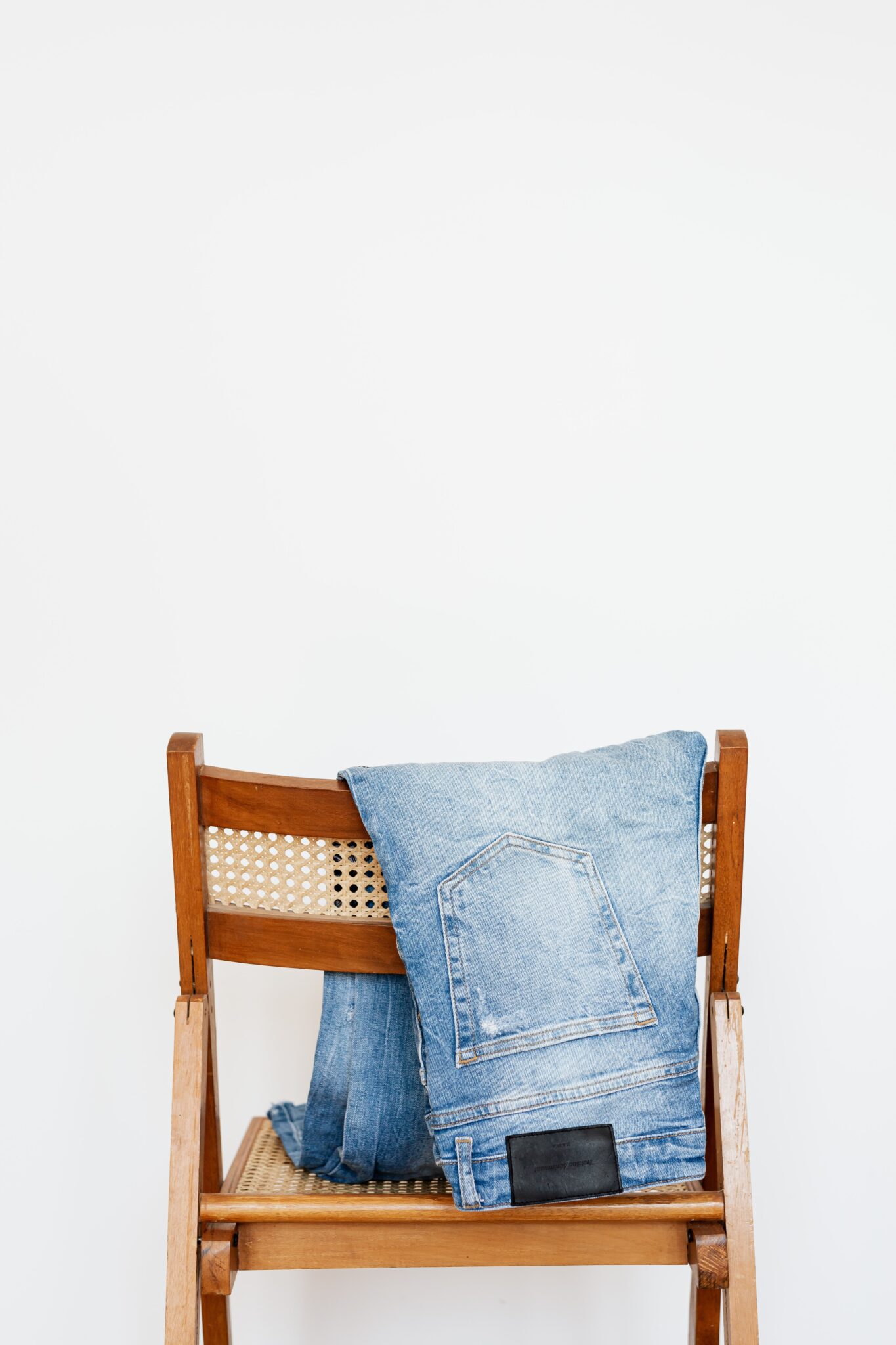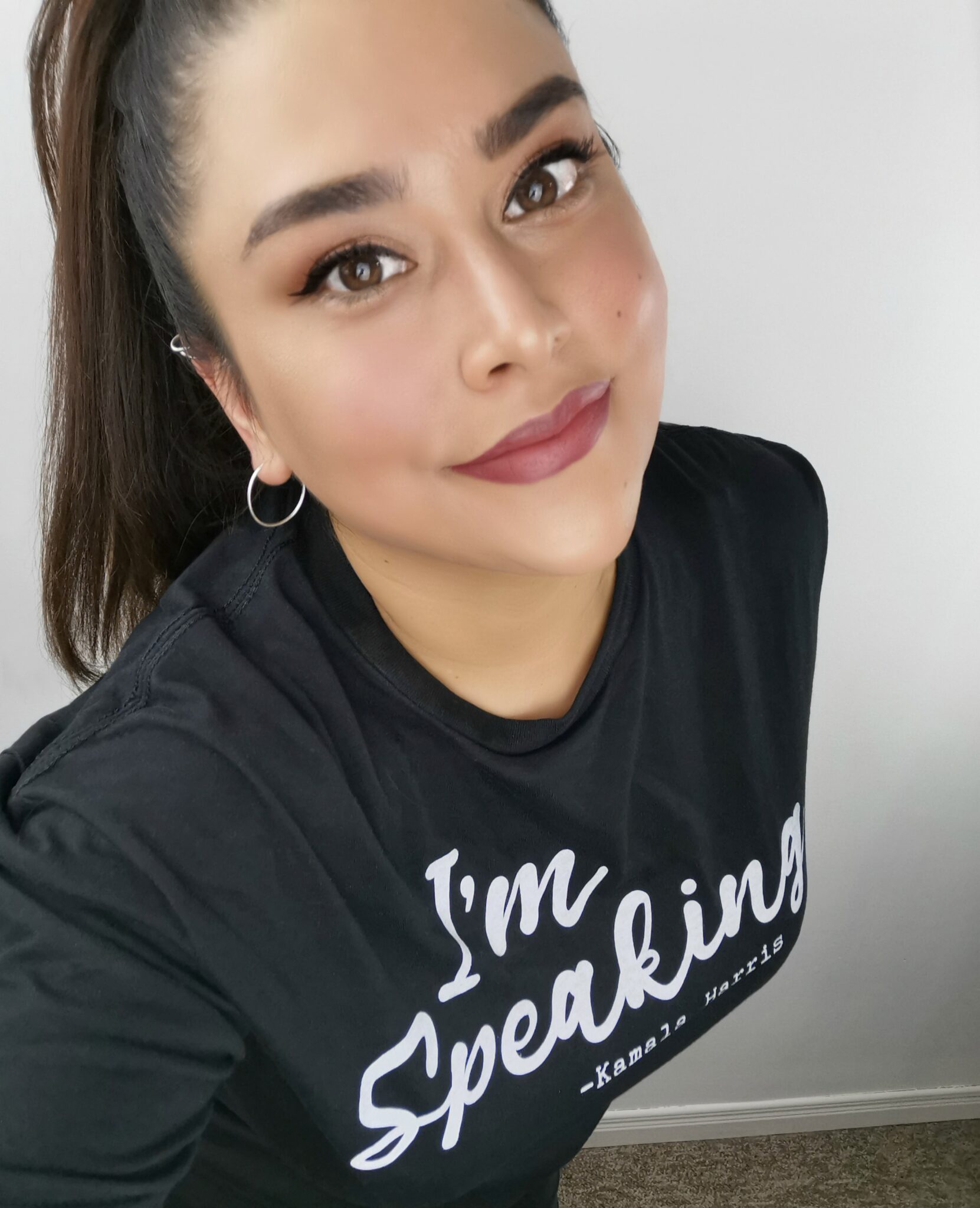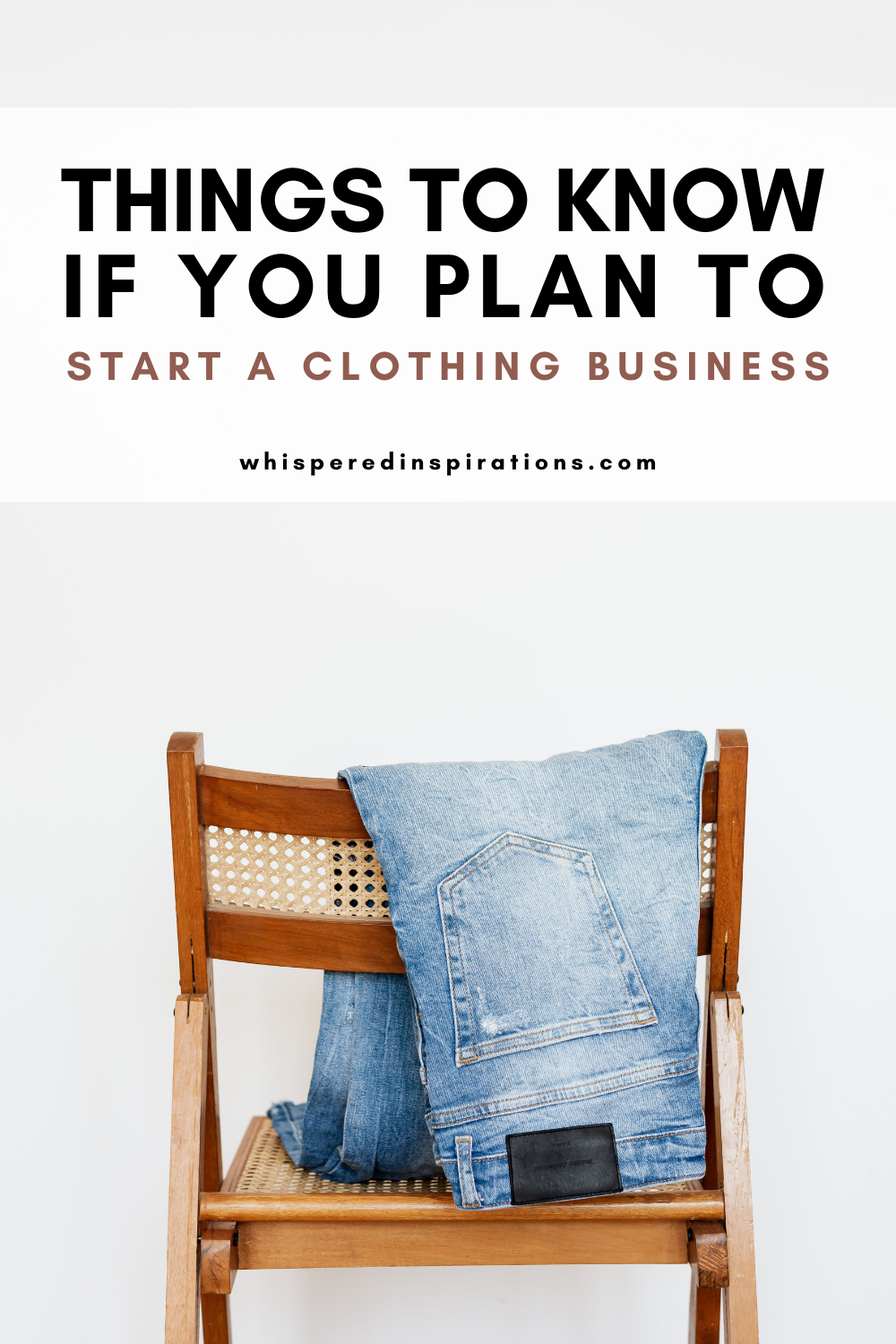4 Things You Should Know If You Plan to Start a Clothing Business in 2022

What You Need to Know to Start a Clothing Business in 2022
It’s the dream of many who love fashion to start a clothing business. Beyond that passion, there’s also the undeniable fact that clothing businesses are quite attractive and profitable opportunities.
The rise of fast fashion has seen many individuals change their clothes more frequently than in the past.
The market is there, but the competition is also stiff.
With that in mind, starting a clothing business is no walk in the park, even if you’re passionate about it.
There’s a lot of hard work that goes on behind the scenes to keep a clothing business afloat and competitive.
There are trends to keep up with, as well as style and market factors, all of which add up to the amount of effort you must put into your clothing business startup.
As with any other business, you don’t want your clothing company to join the list of failed startups.
By remembering these four things, you can significantly increase your clothing business’s chances of success.
1. Deciding on a Niche Is Important
If your life-long dream has been to start a clothing business, it’s important for you to know that deciding on a niche is key.
Having a niche can help you have a sense of direction and focus. You’re simply not all over the place.
During that launch period, you just can’t have a super-wide range of clothing types.
It’s going to be expensive to have to manufacture too many clothing pieces, and it’ll be harder to market your brand.
For starters, it pays to choose a niche you’re passionate about. Do you prefer clothing businesses with custom prints from shops like Printful?
Do you like selling children’s clothing? Or is it women’s clothing you prefer to sell?
In the future, you may expand your niche and branch out, but the original idea you’ve had with your niche gives you an identity and heritage that you may have already established.
2. Identifying Your Target Customers is Key
One of the main reasons why startup clothing businesses fail is because they don’t know much about their target customers.
Once you’ve decided on a niche, it’s easy for you to determine who your target customers are.
They’re most likely potential customers who are more inclined towards purchasing the clothing products you sell.
The key to identifying your target customers is by studying demographics. Here’s how:
- Research your customer’s social status.
- Analyze your customer’s financial capacity.
- Study your customers’ spending habits.
Once you’ve identified who your target customers are, it then becomes easier for you to decide on what different clothing items you should be creating. For instance, you can then decide to create or manufacture fashion items as per their choice of trends and colors.
3. Brand Identity is King
What’s a business without a brand identity? Because the competition in the fashion industry is tough, you need to give your business an edge.
To stand out from the thousands of other clothing brands that are out there, it’s an absolute must to develop your brand identity.
With a brand identity, when the public sees your name or your logo, they’ll immediately associate it with the clothing pieces you’re selling.
Developing your brand identity can easily be achieved through answering the following essential questions:
- What identity should your clothing business project?
- What is the price point that hits that sweet spot with the brand’s target market?
- Who will want to wear the clothes being sold?
Your answers to those questions will help you develop your brand’s identity and even your branding strategy, in general.
Determining Your Ethical Branding
Starting a clothing store is more than just focusing on the style and aesthetics of your products, it’s creating an identity – a brand identity – that will differentiate your products from those of competitors.
Take custom packaging shipper boxes, for instance, this is key for long-term success in the competitive fashion industry.
Unique and sustainable shipping boxes provide additional protection compared to traditional boxes, ensuring items arrive safely at their destination they also include custom logos, color schemes, fonts, sizes, shapes, and other features that help contribute to the overall uniqueness of your product.
Research has shown custom packaging helps build loyalty in customers, especially during a time when eco-friendliness and sustainability are gaining more importance among consumers.
4. Determining Your Market Level is Essential
Regardless of geographical location or where you plan to base your clothing business, there’s one other factor you have to decide on as well: your business’s market level.
This decision can be made based on your study of the target market.
It’s important to have this figured out early on as the market level of your clothing line can shape other decisions like the type of materials you’ll choose, and the price of your products.
Clothing businesses will typically have to select from these market levels:
- Haute Couture: The most specialized and highest level of fashion, releasing two seasons annually.
- Luxury Brand: Items with a higher price tag, such as expensive designer clothing.
- Designer RTW: Ready-to-wear clothing pieces produced in standard sizes while still maintaining the brand’s air of exclusivity, as dictated by the designer’s style and fashion aesthetic.
- High-Street Brand: Clothing pieces will be mass-produced and bought in large volumes to be sold and distributed in various stores.
Are You Ready to Start a Clothing Business?
Without a doubt, the fashion industry is one of those which has seen rapid growth in the past. So, many more clothing businesses are popping up because of the demand.
This fact is both a good and a bad thing for your business.
You May Also Like:
- Beauty And Fashion Trends for Summer 2020
- Travel Fashion Hacks To Keep You Looking Good On The Fly
- 4 Travel Fashion Essentials For Your Next Getaway
- Tips to Revamp Your Fall Fashion This Season
It’s positive, such that you’re certain the demand is there. The negative aspect is that it also means strong competition.
However, you can successfully navigate through tough competition by first keeping in mind all you’ve learned above as you plan to start your business.
Do you have any tips to add for anyone planning to start a clothing business?

PIN FOR LATER:

Nancy Polanco is a freelance journalist, lifestyle content creator, and editor of Whispered Inspirations. She is a proud Mom to Gabby and Michaela and partner and best friend to Darasak. Having worked as part of a health care team for almost a decade, Nancy is happy to be back to her passion. She is a contributor to the Huffington Post, TODAY’s Parents, and an Oprah Magazine Brand Ambassador.






